Project Objective
Strengthen regional governance and cooperation platforms for the fulfillment of the Sustainable Development Goals in the Andean countries and contribute to development in harmony with nature that minimizes risks, strengthens ecosystem and community resilience, and benefits the most vulnerable people.
Description
The Andes have some of the most diverse and complex climate regimes in the world, and are characterized by high environmental, social, and cultural heterogeneity.
Global warming has caused the loss of glaciers in the Andes from 30 to more than 50% in area since the 1980s (IPCC AR6). In addition, the increasing variability of rainfall has affected sectors such as agriculture and energy, exacerbating conflicts over water use for high Andean ecosystems and communities and water supply for urban and agricultural areas in the lowlands.
The impacts on rural livelihoods and food security are expected to worsen, particularly for small and medium-scale farmers and indigenous peoples in the Andean mountains, including a general reduction in productivity and water availability.
Given the urgency and complexity of this crisis, the United Nations Environment Program has been collaborating with the Andean Mountain Initiative (IAM) and its Technical Secretariat, CONDESAN, to strengthen governance and regional cooperation platforms for compliance with the Sustainable Development Goals in the Andean countries, with a special emphasis on building resilience through the promotion of Nature-based Solutions.
Publications
- Adaptation




